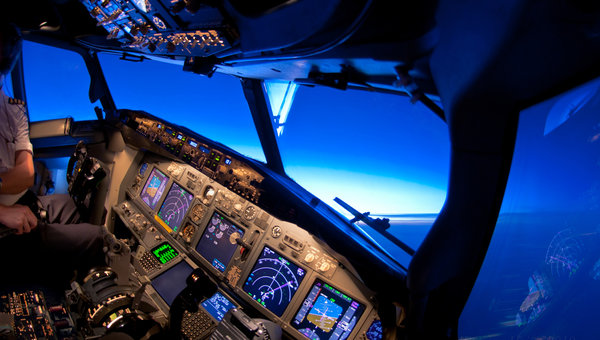UNSW Canberra students weigh in on aviation safety
Potential issues with drones and unmanned aerial vehicles, skill degradation during the pandemic, and other high-level issues facing our military were discussed by UNSW Canberra students at a recent event showcasing future capability.

